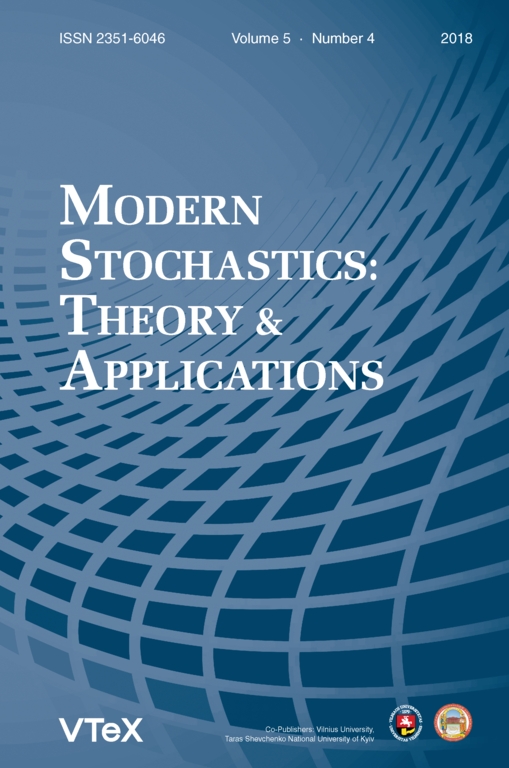Volume 5, Issue 4 (2018), December 2018

Order by:
Pub. online: 14 Jan 2019
Type: Editorial
 Open Access
Open Access
Pub. online: 14 Jan 2019
Type: Editorial
Pub. online: 20 Aug 2018
Type: Research Article
 Open Access
Open Access
Abstract
Pub. online: 19 Sep 2018
Type: Research Article
 Open Access
Open Access
Abstract
Pub. online: 19 Sep 2018
Type: Research Article
 Open Access
Open Access
Abstract
Pub. online: 19 Sep 2018
Type: Research Article
 Open Access
Open Access
Abstract
Pub. online: 24 Sep 2018
Type: Research Article
 Open Access
Open Access
Abstract
Pub. online: 12 Oct 2018
Type: Research Article
 Open Access
Open Access
Abstract
Pub. online: 7 Nov 2018
Type: Research Article
 Open Access
Open Access
Abstract
Pub. online: 20 Jul 2018
Type: Research Article
 Open Access
Open Access
Abstract